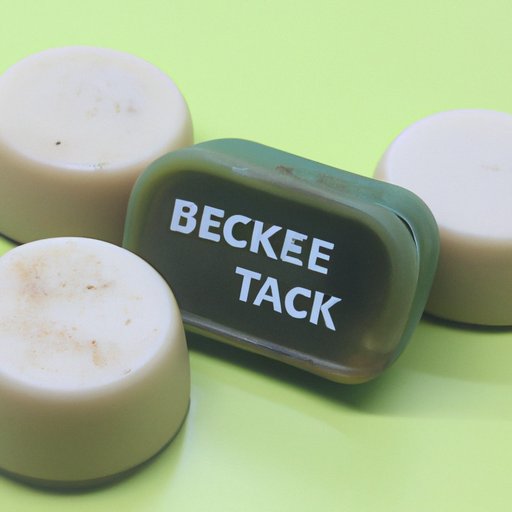
Introduction
There are few things more frustrating, or, in some cases, downright scary, than losing your sense of taste. Whether it’s because of aging, illness, or medication side effects, the loss of taste can affect everything from your enjoyment of food to your overall happiness and well-being. In this article, we’ll explore several practical ways to get your taste back, so you can enjoy delicious foods and flavors once again.
Incorporating Certain Foods
One of the best ways to improve your taste buds’ health and function is by incorporating certain nutrient-rich foods into your diet. Specifically, foods rich in zinc, vitamin B12, and omega-3 fatty acids can help maintain healthy taste buds. Some of the best foods to include in your diet for these nutrients include:
- Red meat
- Nuts and seeds
- Seafood, such as salmon, oysters, and shrimp
- Dairy products, such as cheese and milk
- Eggs
There are many ways to incorporate these foods into your diet. For example, you can make a delicious salmon dish or snack on nuts and seeds throughout the day. Eating a variety of these foods can also help prevent nutrient deficiencies that can lead to the loss of taste.
Avoid Smoking
Smoking is one of the most significant threats to taste buds. Not only can smoking damage and kill taste buds, but it can also affect the ability to smell, which can ultimately impact taste perception. Quitting smoking is one of the most effective ways to restore taste buds and reap numerous other health benefits.
Some practical smoking cessation tips include seeking support, either from friends and family or a healthcare professional. Consider trying nicotine replacement therapy or finding healthy alternatives to smoking, such as exercise or meditation.
Proper Oral Hygiene
Your oral health is connected to your sense of taste; poor oral hygiene can dull taste perception. To keep your teeth and gums healthy and maintain taste, brush, floss, and use mouthwash daily. Here are some oral hygiene tips to restore taste buds:
- Brush for two minutes twice a day
- Don’t forget to brush your tongue, as it harbors bacteria that can affect taste perception
- Floss daily to remove food particles and plaque
- Use mouthwash to eliminate bacteria and freshen breath
By making these habits a part of your daily routine, you can prevent problems related to oral hygiene, including bad breath, gum disease, tooth decay, and loss of taste.
Avoid Certain Medications
Some medications can impact taste buds, leading to a loss of taste. Some of the medications that can cause these issues include antibiotics, antihistamines, and chemotherapy drugs. If you’re on medication and experiencing a loss of taste, talk to a healthcare provider about your options.
In some instances, adjusting dosage, changing medications, or switching to another form of treatment can restore taste buds. However, never adjust or stop taking medication without consulting a healthcare professional.
Exercise
Exercise is an effective way to improve taste bud function, as it releases hormones that can promote taste perception. Even moderate physical activity can have an impact on the body, brain, and taste. So, if you want to restore taste, boost wellness, and fight other health conditions, consider incorporating exercise into your daily routine.
Some of the most effective exercises include walking, cycling, swimming, and resistance training. Aim to exercise for at least 30 minutes a day, five days a week, to see noticeable results.
Aromatherapy
Aromatherapy is another effective way to improve taste buds, especially after congestion or allergies. Certain oils like peppermint and eucalyptus can help clear sinuses and improve the sense of taste.
You can add a few drops of essential oils to boiling water and inhale the steam, add them to a diffuser, or use a nose inhaler. The oils can help open up sinuses, clear mucus, and improve taste.
Conclusion
Losing your sense of taste can be distressing, but it is often treatable. By incorporating certain foods, practicing good oral hygiene habits, avoiding smoking, and engaging in regular exercise, you can improve your sense of taste. Aromatherapy and medication management can also help restore taste buds. If you’re experiencing a loss of taste, talk to a healthcare provider for additional tips and treatment options.




